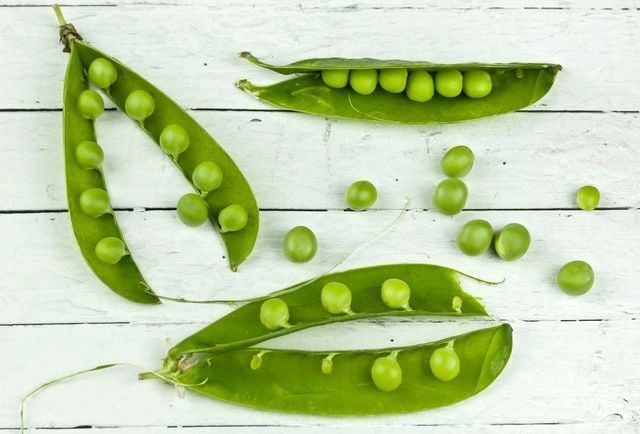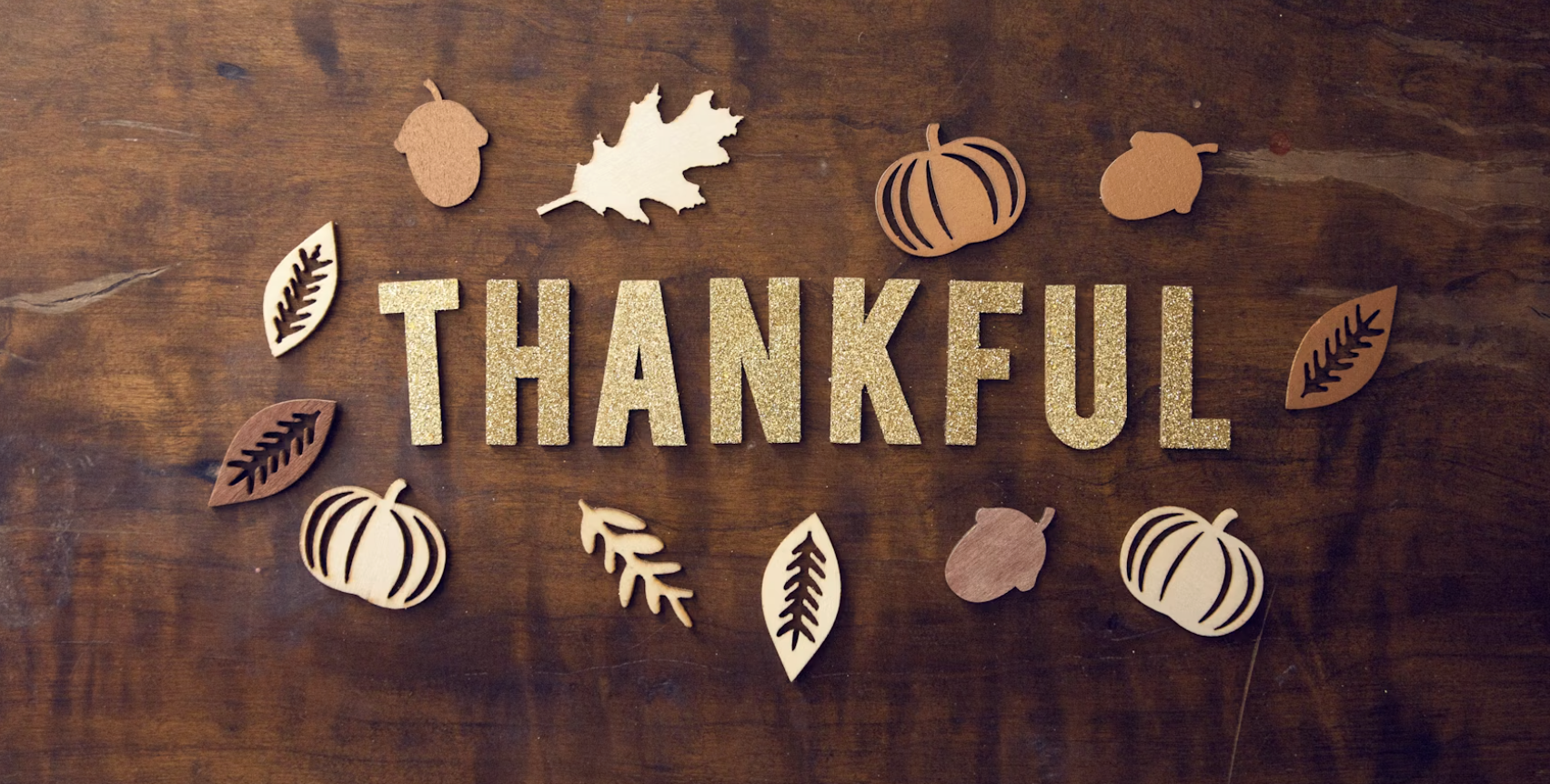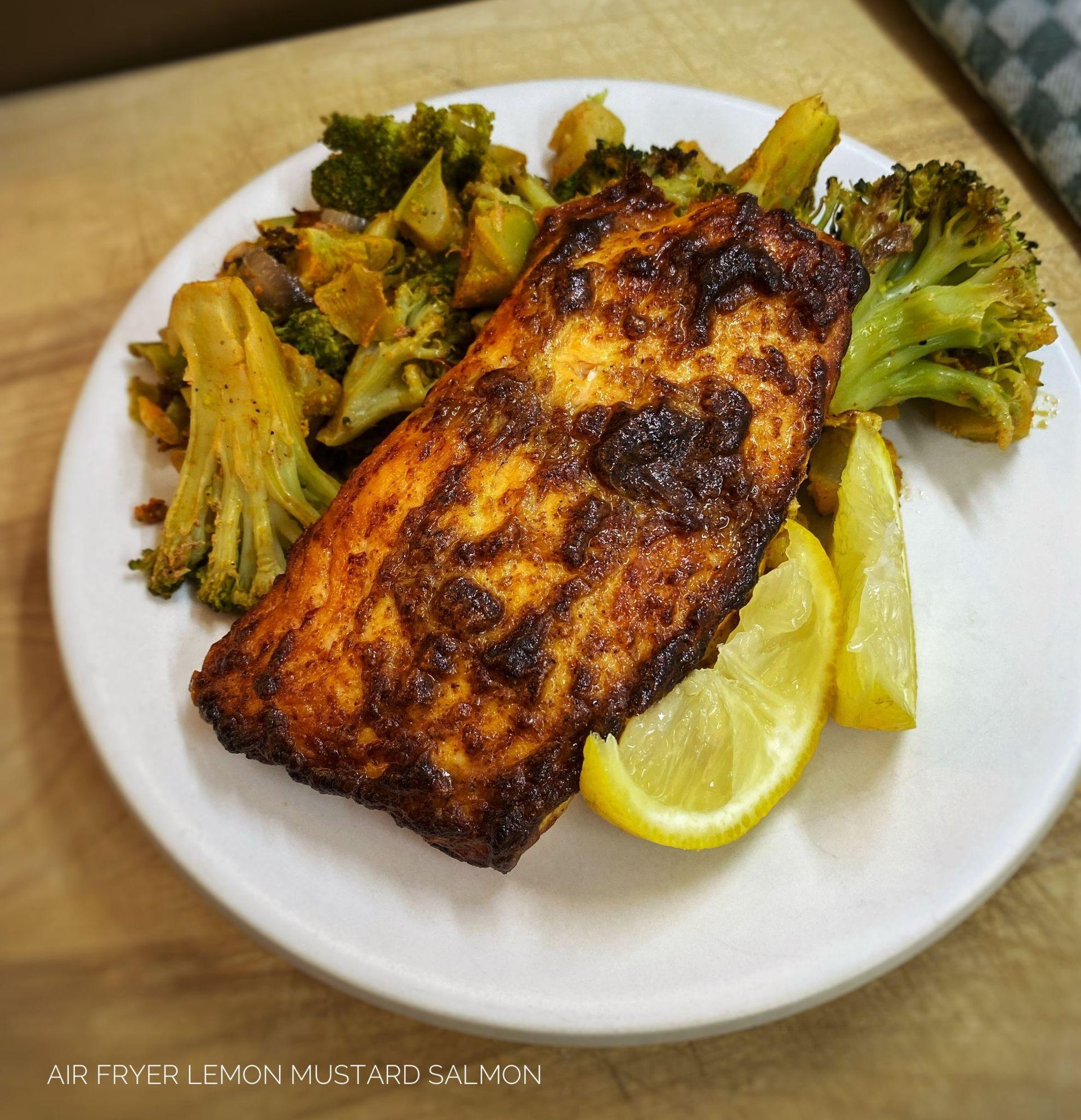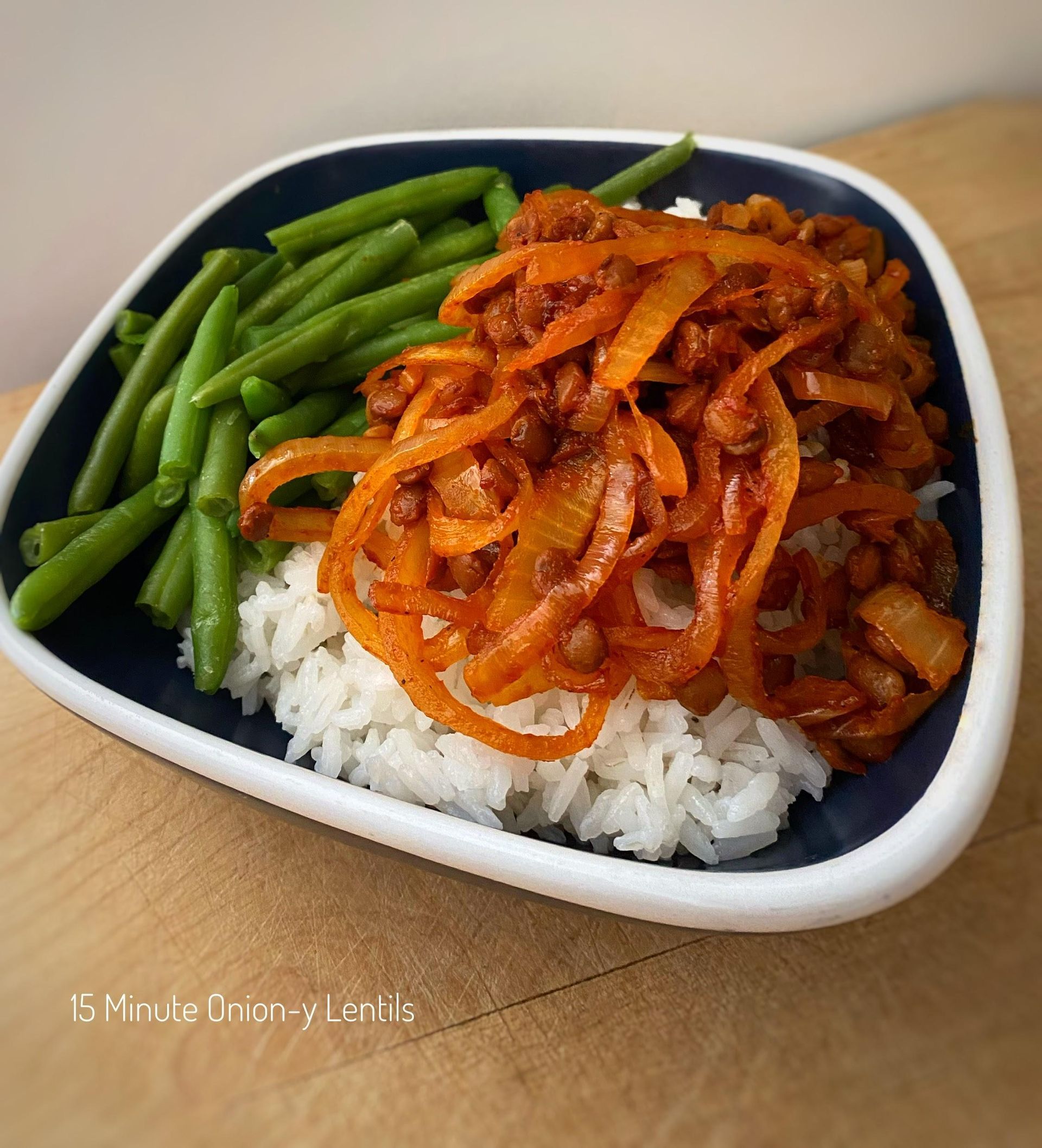
If you were asked to list five vegetables, chances are at least two or three from your list would be green. The color green is abundantly featured in the vegetable world and often these plants are viewed as especially good for you. I wouldn’t go so far as to say green vegetables are the best (different foods are different, not better) but with all the hype, let’s dig into what makes green vegetables so special.
Why are they green?
Green plants contain pigments called chlorophylls. These pigments provide the green color and also serve as the way a living plant collects energy from the sun, through photosynthesis.
Why should we eat green vegetables?
Vegetables of all kinds are great sources of vitamins and minerals. Green vegetables tend to be particularly full of folate, vitamin A, vitamin C, vitamin E, and minerals such magnesium. Vitamins and minerals do not provide calories and do not directly provide the body energy, but they help cells build and maintain themselves, contribute to energy metabolism, and keep the body in an overall healthy state. Some of these nutrients serve as antioxidants, which help cells protect themselves from damage.
Can I get the same benefits from a supplement?
Eating your vegetables is still the best way to get your nutrients. In addition to providing vitamins and minerals, consuming actual food provides satiety, flavor, fiber, and other nutrients not isolated in a supplement. Some vitamins/minerals are better absorbed by the body when eaten with other foods. However, if you are unable to consume your daily recommended amount of vitamins and minerals from, a supplement may be able to act as a “safety net” to help ensure you reach your goals*. It is also worth noting that supplements are not regulated by the FDA so there is little guarantee that what you think you are buying is what you are getting.
How can I maximize my vitamin intake?
Water-soluble vitamins can start to be destroyed if exposed to air, water, or heat. To preserve as many nutrients as possible, try these tips:
- Chop produce close to the time when you are going to use it or store covered in airtight containers.
- Cook vegetables in only a small amount of water. Boiling vegetables can cause some of the nutrients to leave the vegetable and enter the water. If you prefer boiled vegetables, try to reuse your cooking water in a soup base.
- Cook quickly. Prolonged heat exposure can damage some vitamins. Microwaving, steaming, and stir-frying are quick methods of cooking vegetables.
- Keep vegetables cool. In addition to extending the shelf-life, vegetables kept in a cool space will retain their vitamins for a longer time.
While these tips can help maximize the vitamins you get from your vegetables, don’t get too worried about your preparation method; any vegetable is better than no vegetables!
Do you feel like you struggle with getting enough vegetables in your diet? Reach out to me! I would love to help you develop a healthy eating style that works best for your life. (785)-560-2566 or rdn@manhattannutritionclinic.com.
*Consult your physician before starting a new supplement.












